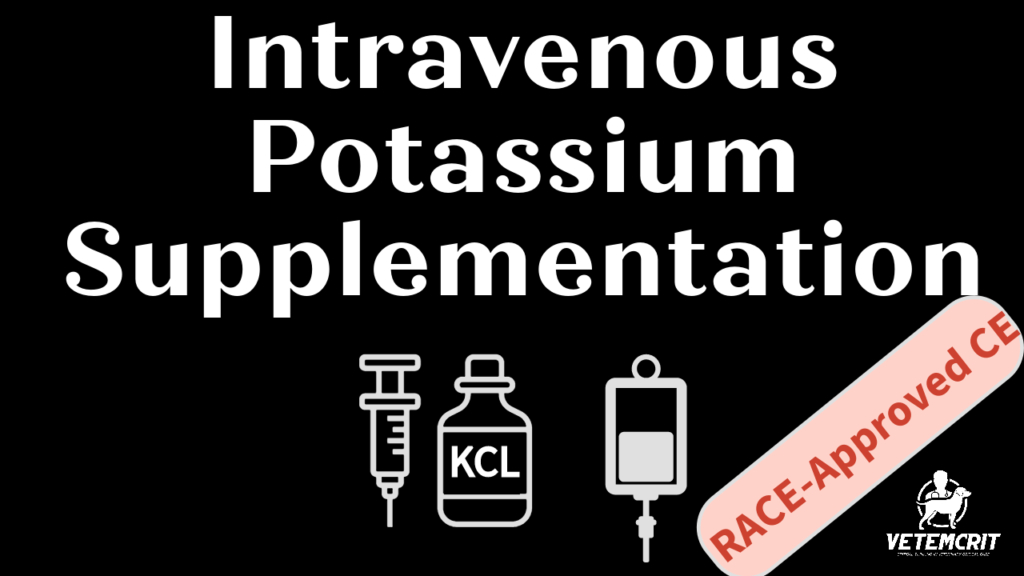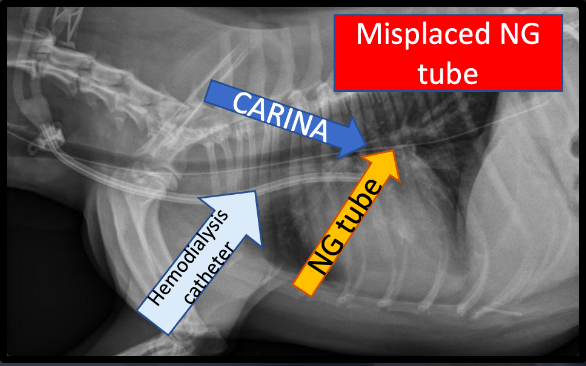Does administration of antiemetic medications to dogs and cats with gastrointestinal foreign body obstruction delay time to definitive care (surgery or endoscopy) and increases the risk of complications?
Puzio et al., JVECC 2023 (Blue Pearl, Wisconsin, USA) performed a retrospective study on 440 dogs and 97 cats to answer this question. The study found that, while antiemetic administration prolonged the time from clinical signs to definitive care (3.2 days vs. 1.6 days; P < 0.001), it did not significantly increase the risk of complications related to foreign body obstruction. However, the use of antiemetics was associated with a longer hospitalization period (1.6 days vs. 1.1 days; P < 0.001). The study suggests that antiemetics are not inherently contraindicated in gastrointestinal foreign body obstruction cases, but veterinarians should advise clients to closely monitor their pets for symptom progression and seek follow-up care accordingly.
VETEMCRIT comments: This was a rather large retrospective study that demonstrated an association between the use of antiemetics and the delay to definitive care. Readers should remember that an association doesn’t mean causation, therefore we can’t conclude that the use of antiemetics always cause this delay. The majority of these cases (91.5%) received maropitant as the chosen antiemetic, making it impossible to determine if the use of other antiemetics would yield similar results. While the duration of hospitalization was notably longer in the antiemetic group, the difference of half a day (1.6 days vs. 1.1 days) might not have clinical significance.
My personal take-aways: The use of antiemetics is associated with delayed definitive care in dogs and cats with a foreign body GI obstruction. The clinical significance of this association is unclear. When starting antiemetic medications in patients with acute vomiting due to possible mechanical obstruction, it is important to pay attention to other persistent clinical signs such as a lack of appetite since the absence of vomiting may not be a reliable sign of improvement. Alternatively, you may consider using other “less effective” antiemetic medications (e.g. ondansetron) that could provide an anti-nausea effect before the obstruction is definitively ruled out to reduce the risk of “masking” a surgical emergency.
The link to the full paper: https://onlinelibrary.wiley.com/doi/10.1111/vec.13315


